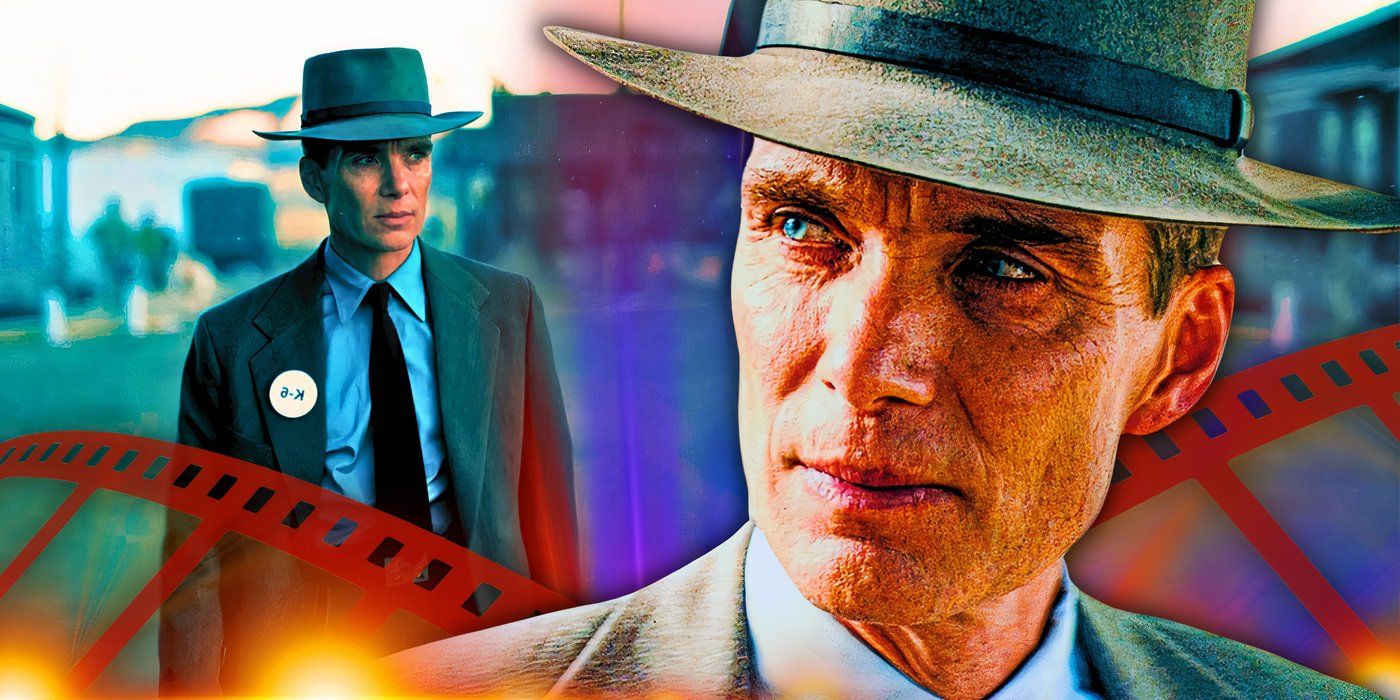
James Cameron’s forthcoming project could serve as a compelling spiritual sequel to Christopher Nolan’s Oppenheimer. While Nolan’s film tackles the complex life of J. Robert Oppenheimer, the father of the atomic bomb, it has been noted that it offers limited insight into the aftermath of the atomic bombings from a Japanese perspective. This gap is where Cameron’s Last Train from Hiroshima aims to make its mark.
Currently preoccupied with the expansive Avatar franchise, Cameron has plans that extend beyond Avatar 5, as he intends to delve into a story that history has often overlooked. Set against the backdrop of World War II, his forthcoming film will spotlight the harrowing experiences of Tsutomu Yamaguchi, a man who survived both the Hiroshima and Nagasaki bombings. Inspired by Charles Pellegrino’s 2015 book, Last Train from Hiroshima tells the true tale of Yamaguchi, who narrowly escaped one disaster only to confront another just days later.
Nolan’s Oppenheimer is primarily centered on the titular physicist’s internal conflicts and moral quandaries, making only fleeting references to the devastation wrought upon the Japanese cities. In a narrative focused on Oppenheimer’s perspectives, the film falls short of fully exploring the impact of these bombings on innocent lives. Cameron’s approach may rectify this oversight, as he aims to depict a viewpoint that complements the narrative established by Nolan’s film.
Reflecting on his own connection to this story, Cameron recounted meeting Yamaguchi shortly before his passing, stating that the survivor entrusted him with the responsibility of portraying his deeply personal story. This compelling sense of duty has propelled Cameron’s drive to bring Yamaguchi’s narrative to the silver screen, stating emphatically, “I can’t turn away from it.”
Indeed, Oppenheimer’s narrative unfolds through the lens of a character tormented by the consequences of scientific advancement, shedding light on the duality of progress and its attendant moral dilemmas. With a critical focus on Oppenheimer and his immediate circle, the film echoes the timeless tale of Prometheus, drawing poignant parallels between mythological exploration and the birth of atomic power.
It’s notable that Cameron’s return to filmmaking beyond the Avatar brand represents a significant shift for the director, who has largely been defined by his work within that franchise since the late 1990s. Transitioning to a narrative rooted in historical trauma, Last Train from Hiroshima promises a poignant exploration of real-life experiences that could resonate deeply with audiences.
As Oppenheimer garners substantial acclaim—boasting critical and commercial success—anticipation swells for the impact Cameron’s film may have. Will it offer a richer understanding of the consequences of atomic warfare that complements Nolan’s acclaimed narrative? The journey unfolds in the years to come, and cinema may benefit from having contrasting perspectives on one of history’s most somber chapters.





